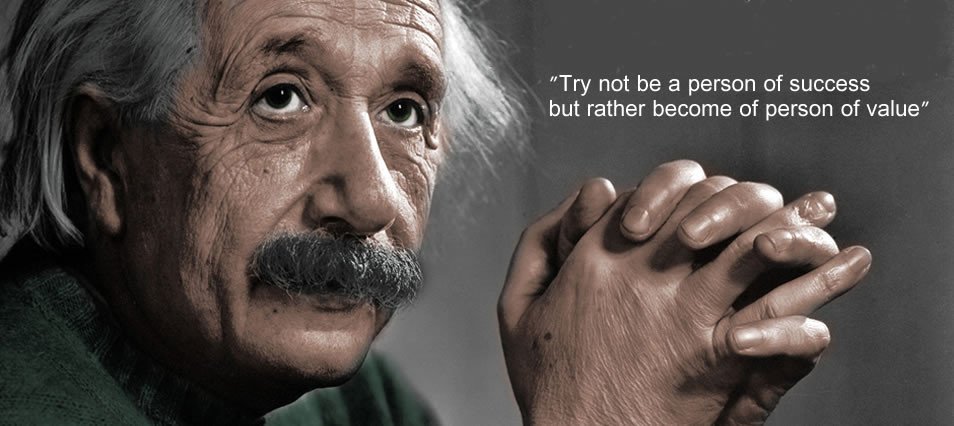 The Cardinal Sin Of Trading
The Cardinal Sin Of Trading
Q: Do you believe in the rule of not letting a winning position turn into a loser? If you do, how do you handle a situation where a stop out at the ATR would cause you to take a loss on a position that was a winner at one time?
A: This has been called the cardinal sin of trading – to let a profitable position turn into a loser. But, it happens. And, just because it does happen, doesn’t mean that it provides you with an excuse not to take your medicine and own the loss.
When we are wrong and we do have a good trade go against us, our top priority remains capital preservation. Therefore, if when painful, we cannot let a small loss grow into a larger one. The worst thing in the world is letting a bad trade turn into an investment and being held hostage by the break-even curve. That’s why stops are important and why sticking to them, even if it requires you to exit with a loss, is mandatory.
Buy The Dippers
Q: You sometimes refer to the “buy the dippers” in a what seems to me to be a negative tone and yet you also describe part of your style as buying on pullbacks. How do you distinguish these two ideas?
A: That’s funny you mention this and I appreciate it especially as you say I fall well within the “buy the dip” camp. I have no problem with the buy the dippers as long as they’re present and in charge of the tape, we’ll be just fine. But, the problem is, of course, that if every dip gets bought, at some point Mr. Market will figure out a way to roll back that trade and gain back some respect for his ability to cause the most amount of frustration to the majority. This will ultimately lay the foundation for a nasty bull trap scenario where everyone is long at the wrong time and then caught with their pants down in a sizable reversal. In my experience, when any trade becomes a routine money-maker, you have to expect the market to throw you a monkey wrench. There’s no room for complacency and whenever I have something that works like clockwork and others have figured out the same, I get nervous.






